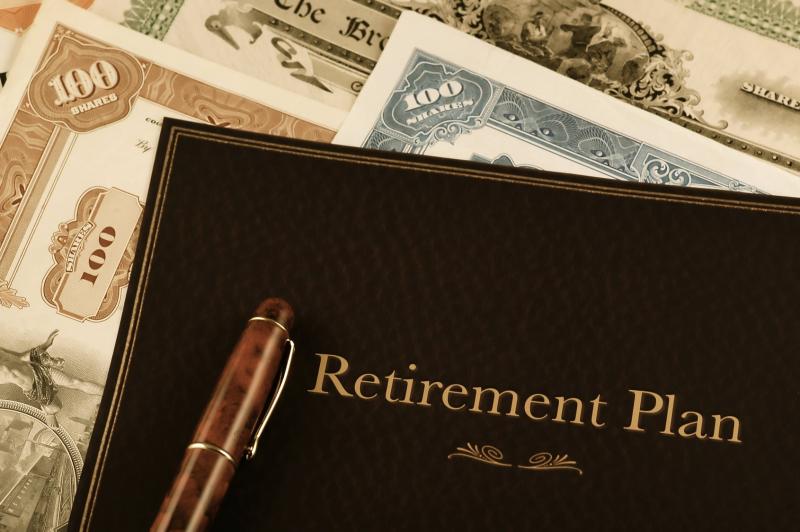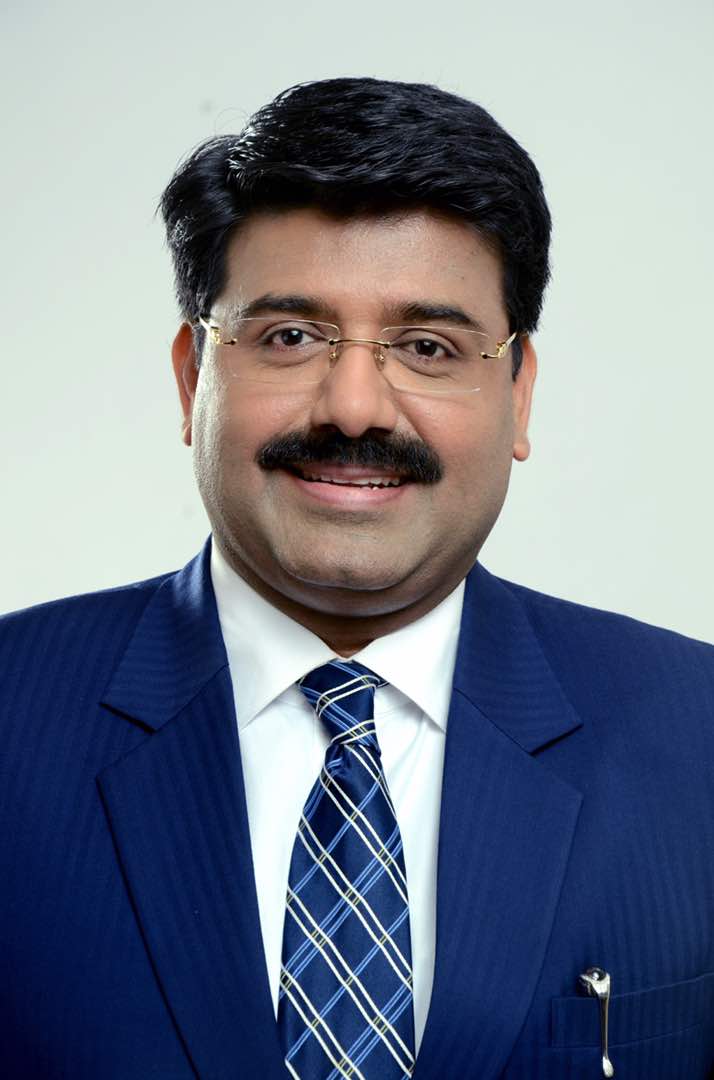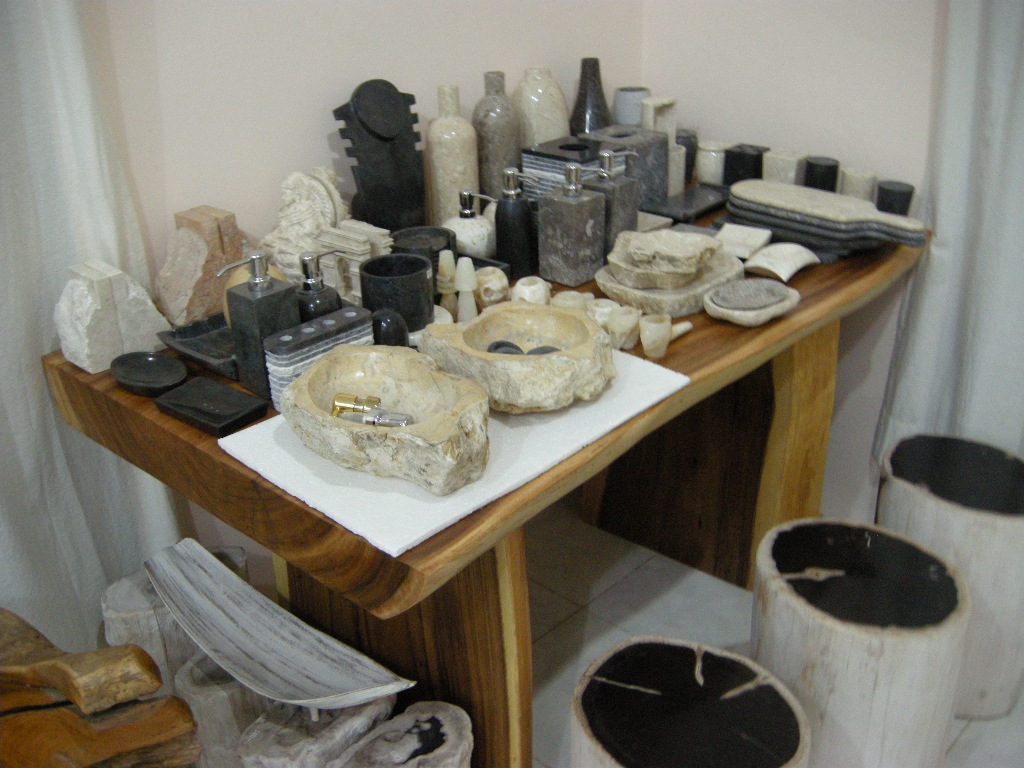
Whatever our age, we need to plan our retirement – there is no argument to that. Whether we start planning early or late in life if we don’t take a calculated approach, we just might end up either in debt or postponing our retirement which should have been a decade ago. So if you have not started planning your retirement, read on… Today we will tell you not only how to plan your retirement, but also, most importantly, how much money you will need.
Start by asking yourself: Are my investments performing well enough to meet my needs? Do my kids’ student loans hurt me? What will be my liabilities at the age when I would retire? Or is my income declining or rising?
So here’s how to calculate how much money you would need to retire:
The best way to calculate this is first finding out what your current annual expenditure is. Ideally 60 to 70 percent of your current annual living expenses is required post retirement. I’m assuming here that when you retire you’ll have no rent, mortgage or other housing expenses, or you won’t have work-related expenses including commuting, business attire or eating out for lunch, your children will be financially independent and you will be retiring without any debt.
Once you compute the expenses you’ll now need to add or subtract certain amount when you retire. All these will depend on the following factors:
Are you willing to relocate? If you are currently living in an expensive city are you willing to relocate to a less expensive city/ town? If you feel that is a way out for you then go ahead, shortlist a couple of locations. Since housing expenses take a huge chunk of your monthly expenses, look for options to buy a property now and get mortgage-free by the time you retire. If you live in a really expensive area, then you can sell your property, buy something in a cheaper area and invest the difference toward your retirement. Here are some top options to get you started…
Do you want to travel? Once retired would you want to travel around the country or see other parts of the world, because how much you will be traveling after retirement will have a direct bearing on the monthly income you would need then. If you are far from your family, you will need to consider the cost of flying or driving to visit them once in a while.
What about medical expenses? As you grow older, the cost for healthcare can double and you are more likely to need more medications than what you need now. If your children are not staying together, you should be able to afford a full-time nurse or home health aide to live with you. If your workplace provides health insurance when you retire then you need not worry. If not, it is best to start investing on a medical insurance NOW! Why I say this is because taking a medical insurance late means you will have to pay more premium. Plus all the critical ailments are covered after a couple of years from the date you paid the first premium.
Are you accounting for the growing inflation? You must have heard nostalgic stories your dad or grandparents narrate about the things they could purchase for a dollar. Even when you are retired the amount of money that will sustain you in your first year of retirement may not be enough when you reach your, say, 10th year of retirement. So find out the annual inflation trend of the location you would be retiring and plan accordingly. So to arrest your buying power slowly going down, a great tip would be to invest your money in instruments that can earn some interest as your retirement progresses.
Will you still be working post-retirement? Many retirees once they have hung their boots want to just relax and will never work again. While there are others who would rather enjoy working either part-time or on a flexible schedule. Even if your current job entitles you a pension, you might be looking for an extra buck to maintain your current lifestyle. So when you are planning your post-retirement, ask yourself how much money you will actually make from your post-retirement employment and how long you will be able to keep it up. If you are looking to work, find out the opportunities available and what you’re good at. Are you covered even if you don’t have to work at all?
Invest now, but think long term: There is never a good time to start investing for your retirement as NOW! But whatever path you follow always look for long-term gains instead of short-term high returns. The goal is to fund your retirement and not increasing your buying power now. If you haven’t reached on a specific path, investing 15 percent of your monthly gross can be a good yardstick.
To get more information & assistance, please submit the form below and our specialist will get in touch with you at the earliest.








